Peering Into The Past: Asteroid Impacts In Ancient History

Introduction
Asteroid impacts have played a crucial role in shaping the history of our planet. From creating geological wonders like the Chicxulub crater to causing mass extinctions, asteroid impacts cannot be underestimated. But did you know that asteroid impacts have also been mentioned in ancient history and myths? In this article, we will explore asteroid impacts in ancient history and their cultural significance.
The Role of Asteroid Impacts in Ancient Civilizations
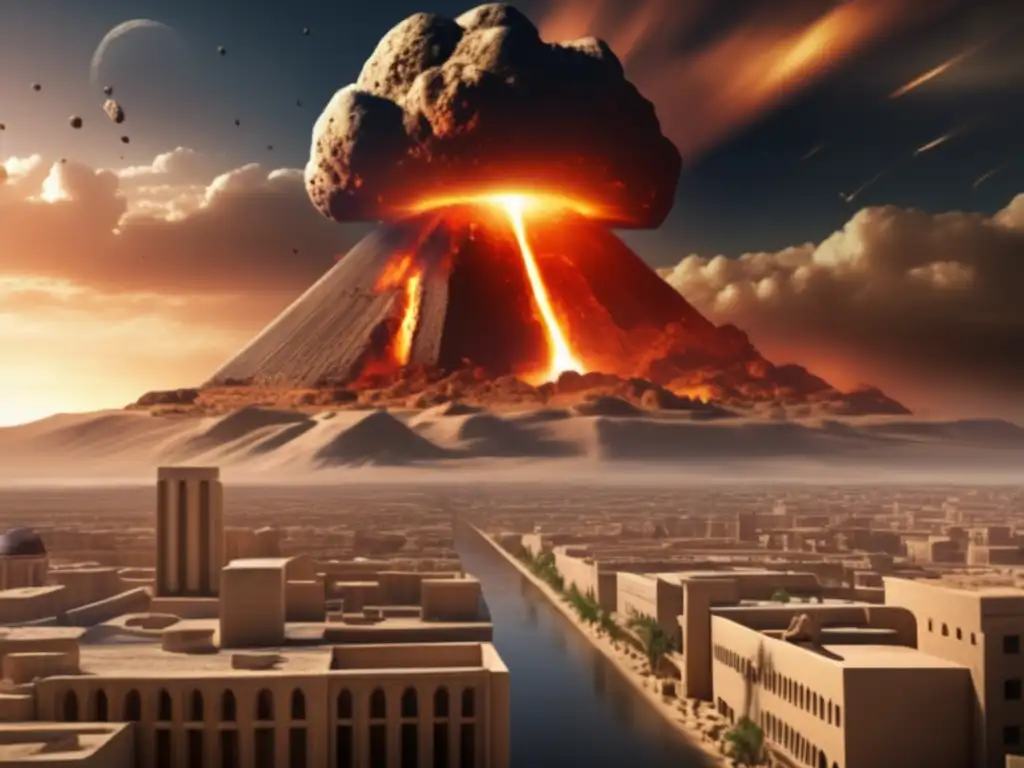
Mesopotamia: The Epic of Gilgamesh
The Epic of Gilgamesh is one of the oldest surviving works of literature, originating from ancient Mesopotamia. One of the stories in this epic describes an asteroid impact. In the story, the protagonist Gilgamesh travels to a distant peak, where he witnesses a massive impact event that creates a vast crater and darkness. This event is interpreted as a divine warning and is thought to represent the destructive power of the gods in Mesopotamian mythology.
Greece: The Myth of Phaeton
In Greek mythology, Phaeton was the son of the sun god Helios who attempted to drive his father's chariot across the sky but lost control and crashed to earth, causing widespread devastation. Many scholars believe that this myth may be based on an actual asteroid impact event that occurred in Greece around 1500 BCE. The impact created a large crater and caused a tsunami, which could have been interpreted as the wrath of the gods in ancient Greek mythology.
China: The Han Dynasty Meteorite
The Han Dynasty meteorite is a celebrated object in Chinese history, culture, and literature. According to historical records, a meteorite fell in China during the Han Dynasty in 136 BCE, and it was recorded as a "falling star". It was considered a divine omen, with many people believing it to be a sign of the end of the world. In Chinese mythology, meteorites were thought to be solidified stars that had fallen from the heavens.
The Scientific Significance of Asteroid Impacts in Ancient History
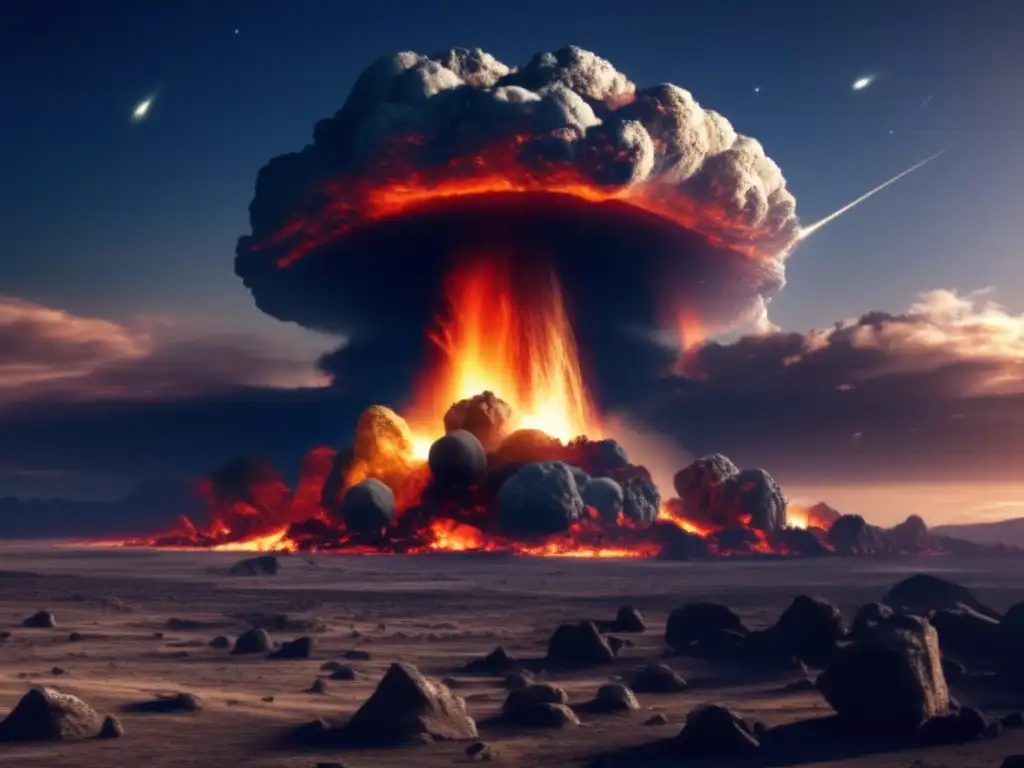
Understanding Geologic Events
Asteroid impacts have created some of the most massive geological features on Earth, including craters, mountains, and tsunamis. These features have been preserved over long periods of time, and they have provided scientists with valuable insight into the history of our planet and its evolution.
Developing Early Astronomical Observations
Ancient civilizations recognized that asteroids and comets were unique and held significant cultural value, even if they could not explain the science behind them. Considered to be divine omens, they were often recorded in writing or depicted in art and played an essential role in early astronomy-related mythologies. Ancient astronomers like the Greeks used observations of asteroids and comets to develop theories about the natural world, prompting astronomy and physics advancements years after their discoveries.
The Importance of Uncovering Ancient Asteroid Impact Event Records

The records of ancient asteroid impact events can be important to understanding past weather patterns, geographical shifts, and cultural change. By studying these events, scientists can uncover new evidence of significant transitions in human history and find moments of overlap with natural phenomena.
Inspiring Future Generations
By examining the significance of asteroid impacts in ancient history and comparing it to current understandings, we continue to inspire a love for science, history, and archeology. Studying the ancient knowledge of these destructive events allows us to learn about how civilizations past managed disasters to save lives and protect communities.
Conclusion
Asteroid impacts have played significant roles in shaping human history, geology, and astronomy. The impact stories in Mesopotamia, Greece, and China are just some of the examples that show the cultural significance of asteroid impacts in ancient history. Understanding the significance of these events can help us appreciate the natural world's power and inspire our future generations to continue striving for scientific advancements.
Frequently Asked Questions
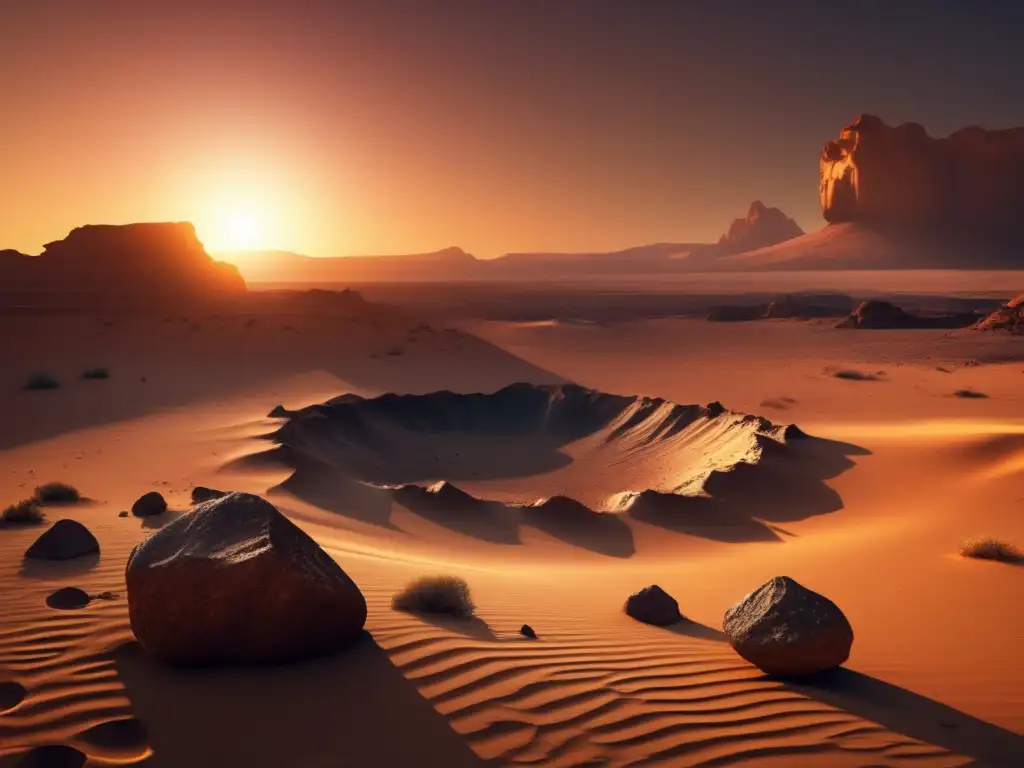
-
Did asteroid impacts only play a role in ancient history?
No, asteroid impacts have played significant roles in shaping the geologic and biological evolution of our planet throughout its history.
-
What is the importance of studying asteroid impact events in ancient history?
Studying ancient asteroid impact events can give us insight into how early civilizations interpreted and recorded natural phenomena, helping us understand how past societies perceived and reacted to natural disasters.
-
Is there any scientific evidence supporting Mesopotamia's Epic of Gilgamesh story about an asteroid impact event?
There isn't any scientific evidence that directly supports the Gilgamesh story about an asteroid impact event. But, the description of the event matches what we know about impact events today, so it is possible that the story is based on an actual event.
-
Why was the Han Dynasty meteorite considered a divine omen?
The Han Dynasty meteorite was considered a divine omen because it fell from the sky and was thought to signify significant change or upheaval in society at the time.
-
How do asteroid impacts impact our lives today?
Asteroid impacts still have the potential to cause significant damage to our planet and society today. The scientific community continues to study them to better understand their effects and develop plans to mitigate potential disasters.
Additional Resources
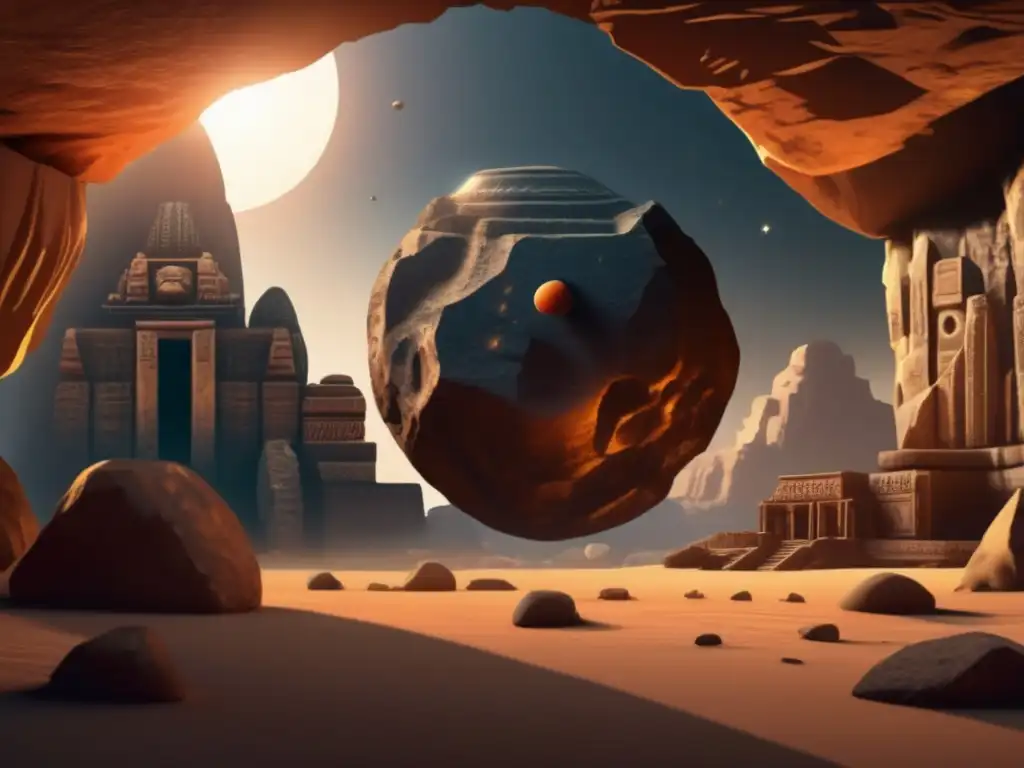
For more information about asteroid impacts, please visit:
 End Of The World: How Asteroids Can Cause Extinctions
End Of The World: How Asteroids Can Cause Extinctions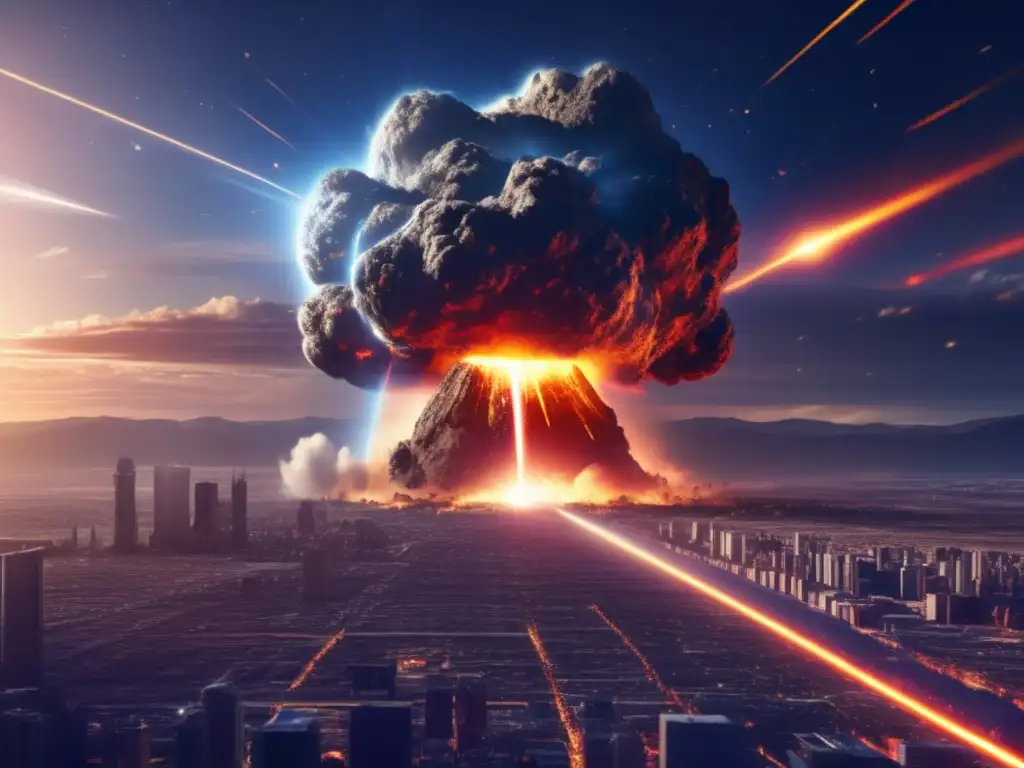 The Sudbury Basin: Clues To A Massive Impact Event
The Sudbury Basin: Clues To A Massive Impact Event The Manicouagan Reservoir: Traces Of An Ancient Asteroid Strike
The Manicouagan Reservoir: Traces Of An Ancient Asteroid StrikeIf you want to discover more articles similar to Peering Into The Past: Asteroid Impacts In Ancient History, you can visit the Asteroid Impacts category.
Leave a Reply

Articulos relacionados: